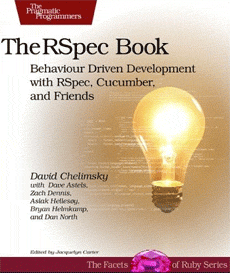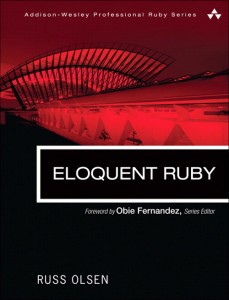 MacRuby’s lead developer and Apple employee Laurent Sansonetti has today released MacRuby 0.10 (yep, that’s ten), the latest version of the Mac OS X-focused Ruby implementation. 0.10 is the latest stepping stone on the way to a forthcoming 1.0 release.
MacRuby’s lead developer and Apple employee Laurent Sansonetti has today released MacRuby 0.10 (yep, that’s ten), the latest version of the Mac OS X-focused Ruby implementation. 0.10 is the latest stepping stone on the way to a forthcoming 1.0 release.
Getting MacRuby
You can grab MacRuby 0.10 from the downloads page or directly at http://www.macruby.org/files/MacRuby 0.10.zip. Beware, though, that the binary installer download will only work on 64 bit Intel-powered machines running OS X 10.6 or higher.
New Features, New Possibilities
0.10 is not a major release but a few things stand out in the release notes for 0.10 amongst all the usual performance tweaks and bug fixes:
- Support for the new MacBook Pro hardware (SandyBridge processors).

 It’s a newsflash!
It’s a newsflash! 
 It’s been a killer month for new Ruby and Rails jobs over at the
It’s been a killer month for new Ruby and Rails jobs over at the 

 It’s been a dies horribilis for MRI Ruby today with two new security vulnerabilities forcing the release of 3 new recommended production versions of the de facto official Ruby interpreter. The first, a vulnerability in FileUtils.remove_entry_secure affects both 1.8 and 1.9 branches, while the second, a $SAFE mode vulnerability, affects only 1.8.
It’s been a dies horribilis for MRI Ruby today with two new security vulnerabilities forcing the release of 3 new recommended production versions of the de facto official Ruby interpreter. The first, a vulnerability in FileUtils.remove_entry_secure affects both 1.8 and 1.9 branches, while the second, a $SAFE mode vulnerability, affects only 1.8. Ryan Davis has
Ryan Davis has 

 Eloy Duran (of the Dutch Rails consultancy
Eloy Duran (of the Dutch Rails consultancy 